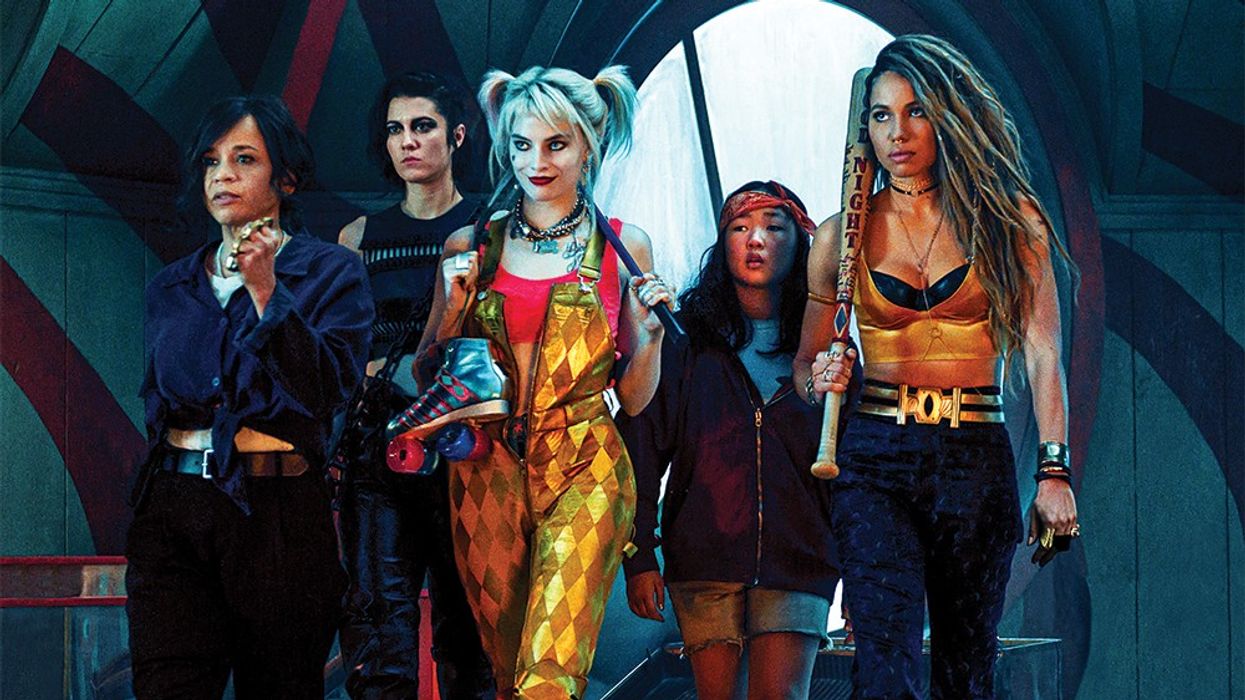Here's Why 'Birds of Prey' Wasn't a Failure
Birds of Prey might be lagging at the box office, but the bigger picture of several DC/Warner Bros. releases tells a different story.

So, here are the facts. DC's new Harley Quinn-fronted film Birds of Prey opened to a modest $33,010,017 (domestic) against a roughly $84.5 million budget.
Yes, this is a bit low for an opening, especially for a film projected to do about $40 to $45 million its first weekend. Many have taken these numbers and run with the idea that the film is a failure or a flop, when it really isn't at all. For instance, Birds of Prey opened at number one that first weekend.
A lot of things affect box office returns like this. Timing is a big one. (The Hollywood Reporter even pointed out that coronavirus fears could have stunted the film's Asian returns.) The movie's R rating is another factor. A PG-13 rating would have given more viewers the opportunity to see the film.
For a big-picture perspective, writer Mark Hughes over at Forbes took a good long look at the last few years on the DC/Warner Bros. slate to put things in a broader context.

Was Birds of Prey a flop?
Hughes sees the Birds of Prey release as part of a larger Warner Bros. strategy to position big, for-sure tentpole films like the new Wonder Woman 1984and Aquaman as bookends in the schedule. Between those, smaller, riskier, lower-budget films are spread out in an attempt to reach diverse audiences.
Hughes points to Shazam!, Joker, and Birds of Prey as examples of those smaller films rounding out the schedule.
Hughes says, "It’s not brain surgery, and is in fact a fairly straightforward and obviously simple plan. And it was carried out successfully—all three films were good or great; all three films got mostly positive reviews and good audience reactions; all three films combined for a big return on the investment overall; and all three films represented unique approaches to tone, style, narrative, audience appeal, and place within established or new continuities."
Hughes also points out that each film was released in a different season, with different target audiences, spreading its appeal over a greater "area." Warner Bros. funded these movies through various investors, sharing the risk across a broader space and taking a chance that all of the movies might underperform.
Birds of Prey is currently sitting at a worldwide gross of $147 million, so it's definitely been a slow box-office burn, but it will break even and be fine.
This strategy at Warner Bros. will hopefully lead to more unique properties and risky, smaller films with new perspectives.
Do you agree with Hughes' assessment? Let us know in the comments.
Source: Mark Hughes












